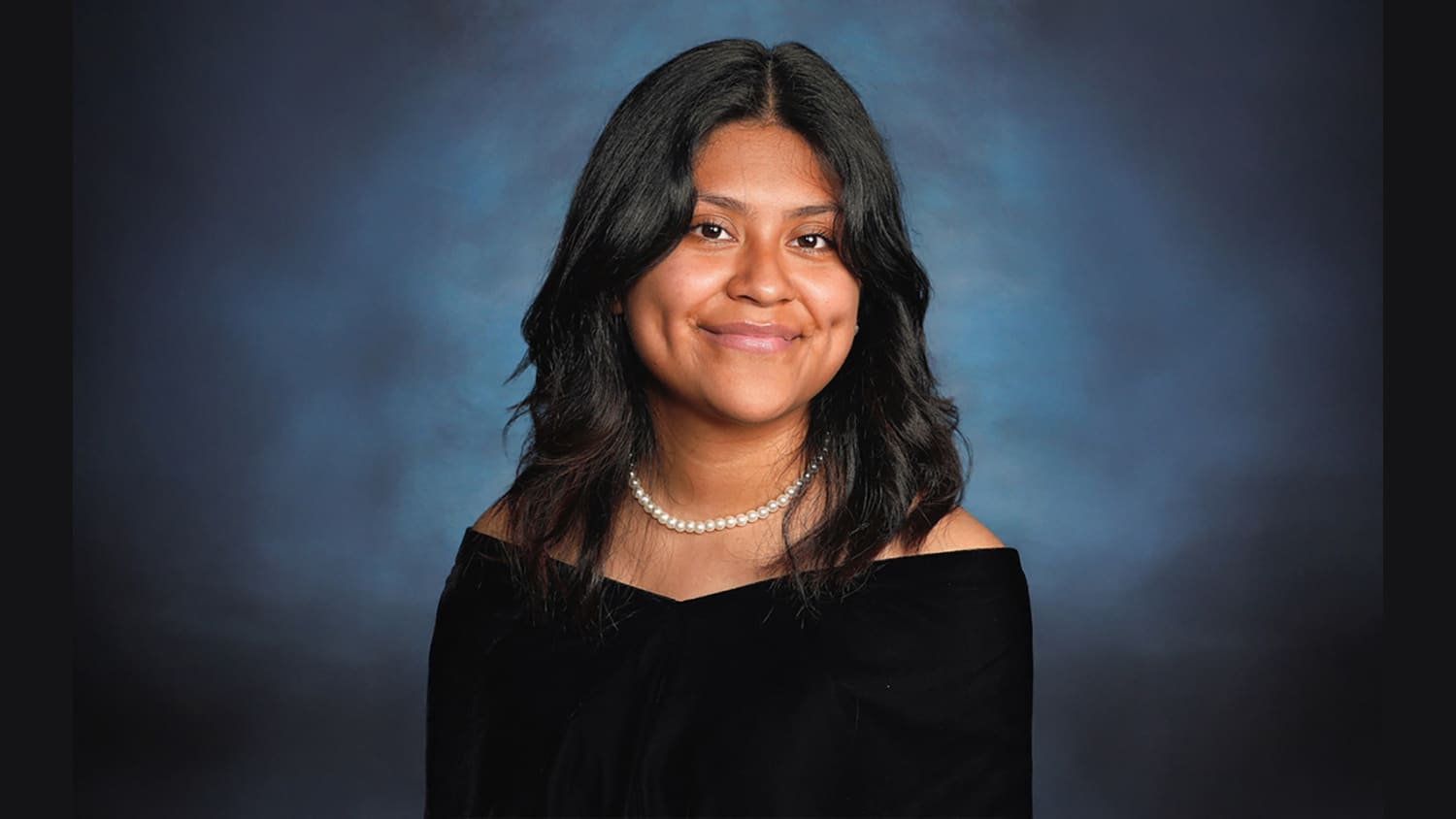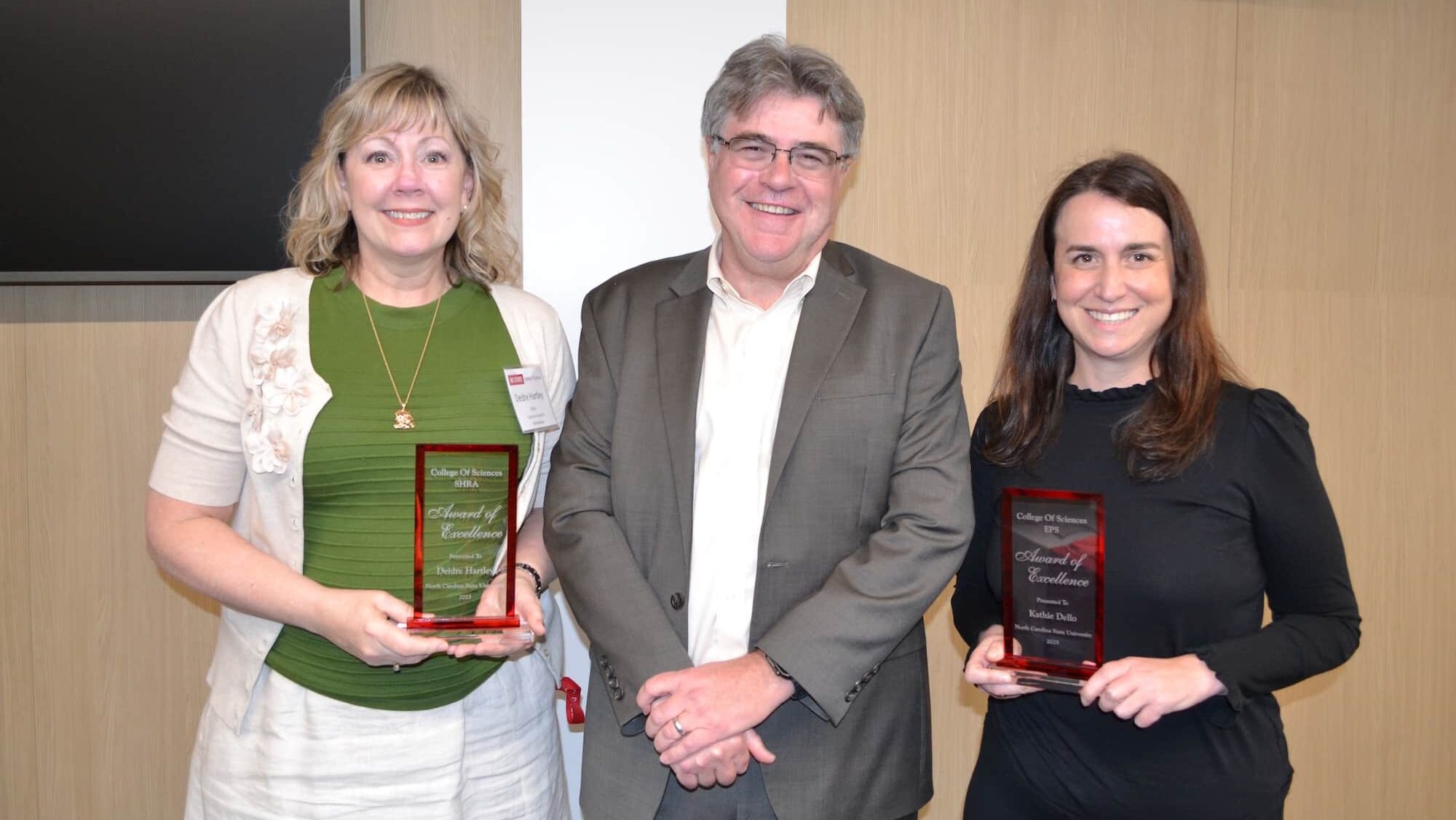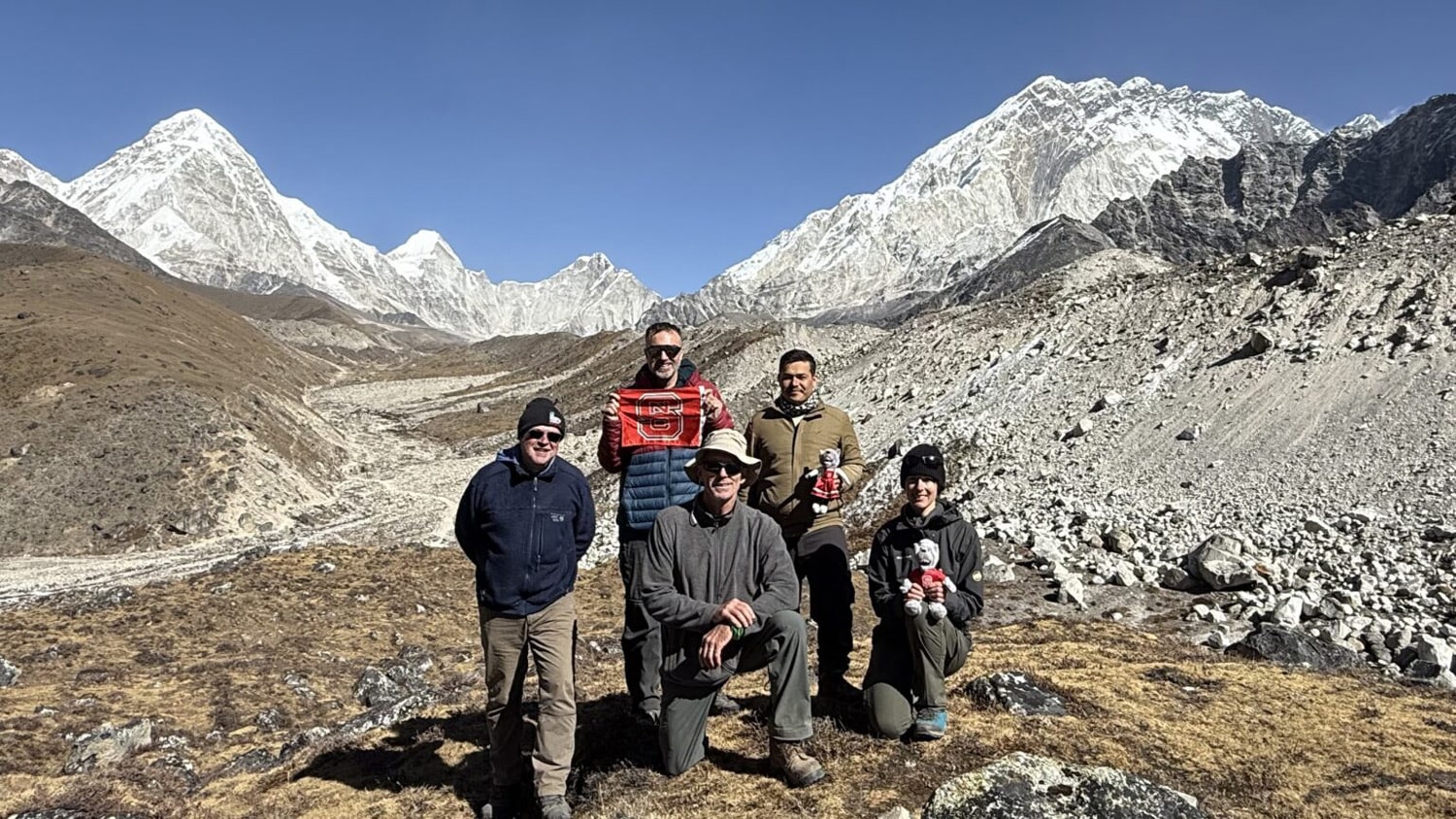Putting bacteria to work
Ask most undergraduates if they’re interested in factory work, and you’ll get puzzled looks. But what if the “factory” was E. coli bacteria and the “work” involved creating libraries of enzymes to lower antibiotic resistance or fight cancer?
Welcome to Dr. Gavin Williams’ lab, where students get hands-on research experience the moment they walk through the door.
Williams, an assistant professor of chemistry, is interested in drug development. He wants to use a harmless laboratory strain of E. coli to produce molecules that can be used as anti-cancer, anti-microbial and anti-viral drugs. E. coli is easy to grow in a laboratory and often used in DNA-related research but doesn’t usually produce any molecules of medicinal value.
Nature makes complex molecules by putting different types of enzymes into assembly lines, just like a factory assembly line builds a car. Each assembly line of enzymes can build molecules with desirable qualities, such as the ability to stop bacterial growth or kill cancerous cells. Scientists often try to mimic these natural processes using many chemical reactions in traditional drug development.
Williams and other chemists have found a shortcut. They go straight to the source — DNA — and pull out the particular genes that encode the enzymes they’re interested in. They then put the genes they want inside E. coli bacteria, where the genes are decoded into enzymes that self-assemble to create the assembly lines needed for drug development.
Students play a big role in the research, which is funded by the National Institutes of Health and the National Science Foundation. Matthew Draelos and Taylor Courtney, both undergraduates working in Williams’ lab, said they were encouraged to jump in and work alongside their assigned graduate student mentors, Irina Koryakina and Sean Lund, respectively.
“I came to NC State because I knew I wanted to do research and had learned that there were many opportunities to do undergraduate research here,” Draelos said. “What captured my imagination about Williams’ research was that it’s both basic research and it’s medically relevant — we’re creating enzyme ‘mutants’ that have practical uses in creating new drugs.”
As each year passes, students in the lab get more leeway to pursue projects that will contribute to the research.
“You are definitely a full member of this lab — not just an assistant or someone who takes care of the supplies,” Courtney said. “And you’re definitely ready for graduate school or research work when you graduate.”
- Categories:


